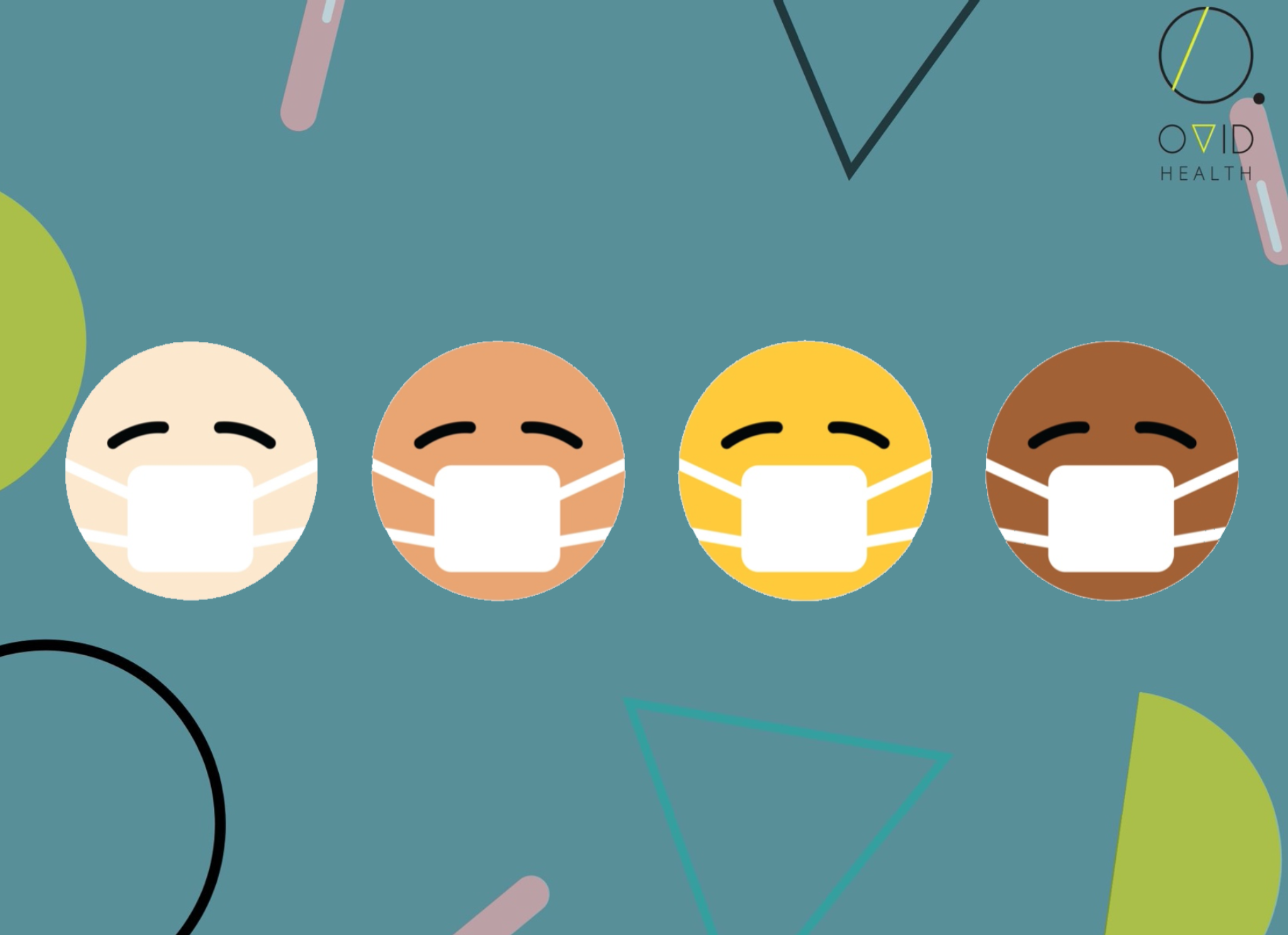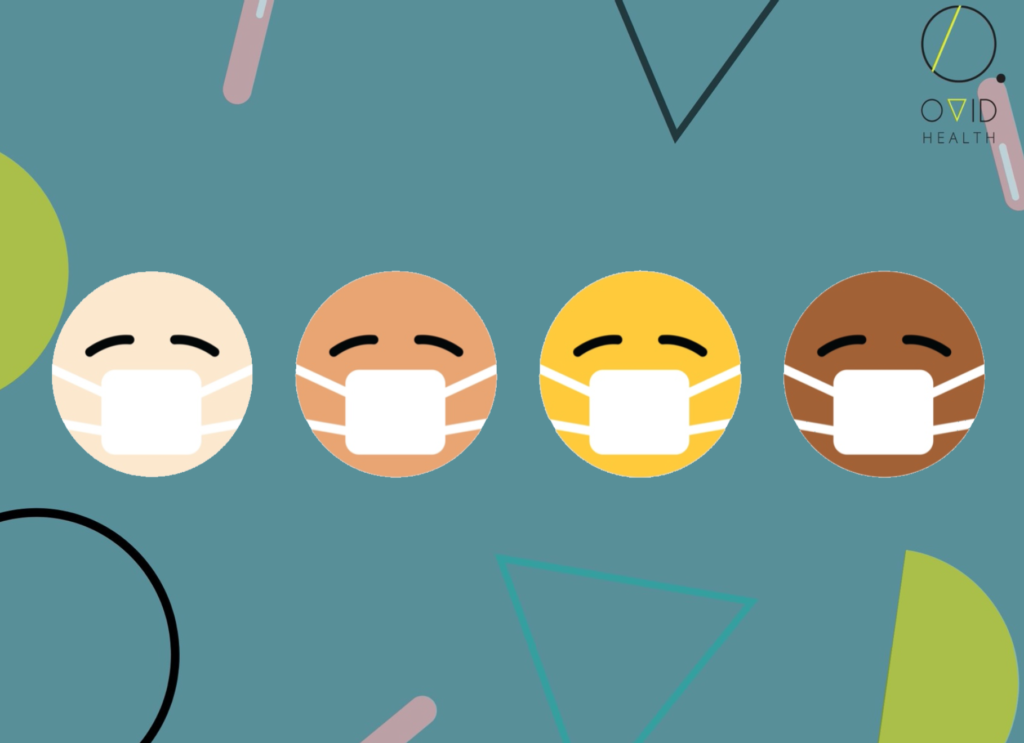
27 Mar OVID on COVID: Coronavirus polling shows half of Millennials are not washing their hands more

There are two essential ingredients to a successful public health campaign: good advice, and good communication. The Government has been going hard on trying to keep the core pillar of its health advice to families short and simple – wash your hands thoroughly, for the length of time it takes to sing ‘Happy Birthday’ twice.
But as any health professional will tell you, experience shows that someone knowing what the correct behaviour is doesn’t mean that everyone will behave correctly. We wanted to understand how impactful the government’s communications on coronavirus had been – both in terms of what people think about the virus and what they’re doing differently because of it.
Teaming up with Deltapoll, we asked a series of questions which revealed some worrying insights how different generations are responding to the outbreak of Covid-19. Our polling was picked up by The Pharma Times, the UK’s leading magazine for pharma professionals (you can read their piece here).
OVID on COVID
Our poll demonstrates that many Millennials are not heeding official Government advice to wash their hands more regularly to slow the spread of the virus.
The research paints a deep generational divide – with fewer than half of Millennials washing their hands more regularly; compared to nearly 70% of Baby Boomers.
There are also misconceptions about how many of us will be infected – suggesting the Government’s public health messaging has still not taken root amongst the public.
The poll reveals that:
- 51% of Millennials think fewer than half (40% or less) of the UK population will become infected, despite Government warning this figure could rise to as much as 80%.
- 1 in 5 (21%) of 18-24-year olds have stockpiled food or other items; compared to only 11% of those aged 65+.
- If a vaccine became available 22% of Millennials wouldn’t want to be vaccinated (compared to only 9% of Baby Boomers) – undermining ‘herd immunity’.
- Fewer than a quarter (24%) of Millennials have avoided shaking hands for the past few days; compared to almost half (46%) of Baby Boomers.
The poll underscores the mammoth challenge the Government has on its hands to ‘win’ the communications war in the midst of an overflow of information sharing. This is compounded by only a quarter (26%) of Millennials thinking the media has represented the risks of coronavirus accurately.
- Two thirds of British adults are worried by the outbreak, including one in five who are very worried. Concern is highest among the over 65s where three quarters are worried.
- Despite this, nearly half (47%) the British public believe that media has ‘played-up’ the actual risks. There is a strong correlation with age here. The younger you are, the more likely you are to think the risks has been played up. Over a third (37%), however, do believe that the risks are being reported accurately. Fewer than one in ten (8%) believe that the risks are being ‘down-played’.
- A plurality (48%) think that the government is doing the right thing with it comes to dealing with the outbreak, but just under a third (32%) think the opposite and just under one in five (19%) don’t know. As you would expect, the results are influenced by partisan loyalty, but not actually as much as you might imagine. Only two thirds of Conservative voters think the government is doing the right thing, only 46% of Labour voters think they are doing the wrong thing. This is FAR less partisan than the results we are seeing out of the US.
- Fewer than six out of ten (58%) have washed their hands more regularly or used hand sanitizer as a result of the outbreak, but this rises two three quarters of the over 65s. Just over a third (35%) have avoided shaking hands and a quarter have avoided public events, but generally most people are not altering their behaviour.
- In terms of what action should be taken by the government in the case of a large increase, banning all public gatherings comes top of the list, along with providing funds to those who cannot be paid to self-isolate, instructing everyone with a cough to self-isolate and temporarily close all schools. 8% think the government should impose martial law.
- Of those people in work, fewer than three out of ten (29%) say they can work from home without impacting on their earnings. Half of people in work say they cannot work from home, even if required to do so. This number rises to nearly two thirds (63%) of working class respondents.
- Nearly a third (31%) expect at least half the country to be infected. A majority (56%) expect that 3% or less will die.
- Only one in six people (16%) thinks they will personally catch the virus. A third think they will not with half saying they don’t know. 7% think they will die.
- Around two in five (38%) expect friends or family will catch it. 13% expect to have a friend or family member who will die.
Our founder and health communications expert Jenny Ousbey, had this to say:
“The data is clear. The Government must double down on delivering simple information to Millennials on breaking the ‘viral chain’ to prevent them spreading Covid-19 to older and more vulnerable adults.
The Government’s strategy is science-led, but scientific facts alone won’t shift Millennial behaviour without emotions. People are worried about their loved ones so will want to do what’s best. But the message about washing hands amongst those less likely to be affected severely by coronavirus is not getting through.
A ‘wash your hands, protect your gran’ campaign wouldn’t go amiss in these fast-moving times.”
To get our results, Deltapoll interviewed 1,545 British adults online between 13th and 16th March 2020. The data have been weighted to be representative of the British adult population as a whole. Deltapoll and OVID Health are tracking all aspects of public opinion toward the Covid-19 outbreak and what it means for health communications.